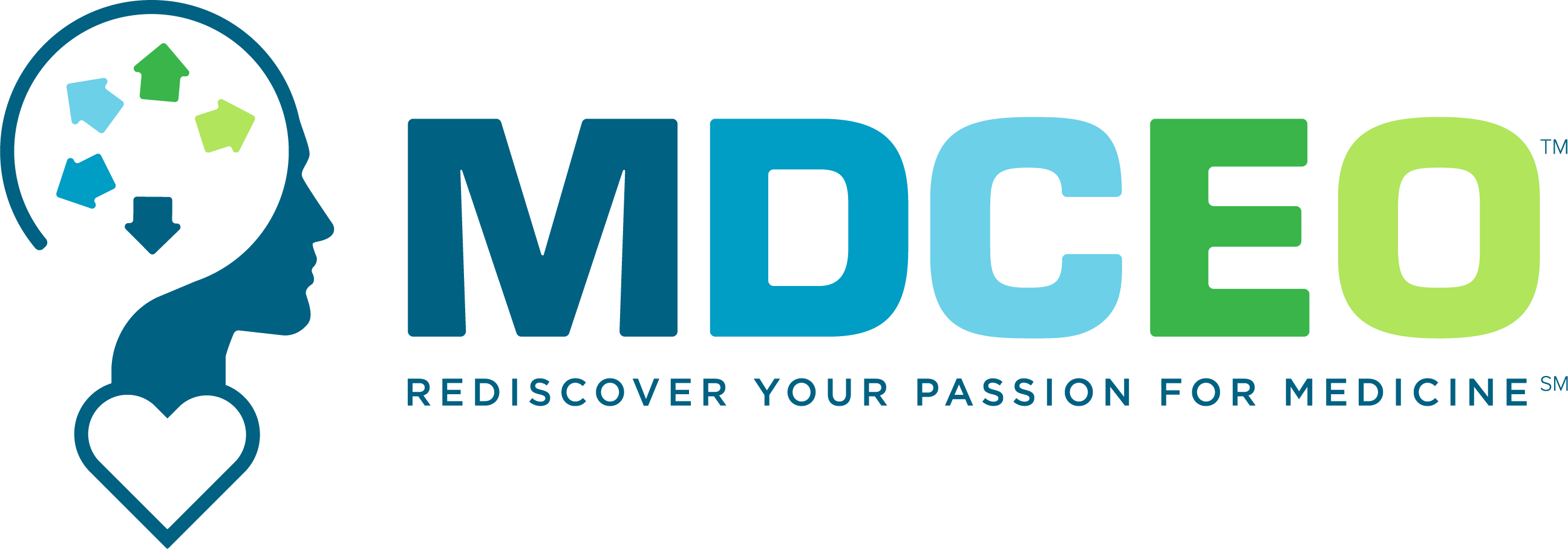April 22, 2024: The Need to Improve/Grow the Culture in a Primary Care Practice?
Moving from Fee for Service to Prospective Payment in Primary Care: Advanced Primary Care: The Future of Primary Care – Part 4

Sponsored by WWW.THEMDCEO.COM
In this throughput culture, we currently have both the administrative and system levels stressing the need to see more patients, see more patients. Shifting that to a culture of – we need to take better care of patients and we need to take care of the right patients every day; that is the culture we want to shift to. This new culture involves understanding your patient panel, understanding who needs to be seen today, and understanding the risks your patients are facing in their own health.
Also, we need to be thinking of how we as a team meaningfully care for them in a way that provides the care they need and also develops the patient’s trust over time. We think that if patients don’t trust who they’re seeing in a clinical setting, they’re not going to respond well to the care recommendations we offer. We want them to take action in their life and make the changes in their health that they need to take.
When we think of culture, we think of the culture of the clinic and currently it’s such a miserable environment to be in and work in. We believe in being a lifelong learner, listening for each other and not about each other. Each team member needs to be invested in each other’s success. The synchrony and cohesion among the team members and their understanding of a shared mission is critical. Aligning the team around their mission creates a more rewarding culture. Articulating these principles and having everybody be on the same page, the enjoyment of caring for people goes up dramatically and the experience of people being cared goes up dramatically. Patients can sense when things are well within the team and when they are not.
In most current primary care practices, everything flows around the physician/clinician. The communication and the decision-making flow from the leader. This impedes the ability of the staff to share in the team’s performance. We want each member of the team to contribute from the “top of their license”. If a task can be delegated to a team member, then it should be, so that the clinicians can focus on what only they can do. The goal of the Advanced Primary Care Model is to work smarter and not harder. This shifts from wearing out the physician/clinician while others look on to everyone contributing.
Moving from the FFS culture to the APC culture requires building trust and competence within the team. Other variables like emotional intelligence, social and financial intelligence become equally important to having a patient feel understood, heard and their challenges addressed. That requires the talents of every member of the team.
For the Advanced Primary Care Model to work effectively, communication and decision making need to be team oriented. Where in the past the doc’s knowledge and decision making was the pivotal element, in the new model everyone needs to become a learner. Every team member plays an important role. Team members need to listen for each other. There is need to shift attention from a what is wrong/what is right; to is this working for us/not working for us. The clinician need to learn how to delegate. The practice must embrace an empowerment dynamic.
This requires excellent communication, both listening and speaking. In a FFS model communication primarily focuses on speaking. In the APC model effective listening move to center stage. This shift we call listening for each other and the patient. Every team member’s impact becomes vital to optimizing the experience of the patient in improving their health and wellbeing. This begins with the receptionist and carries through each member of the team the patient encounters.
This is a very different culture. Everyone from the receptionist to the clinicians needs to be aware of their “touches” with a patient and how those touches can promote care delivery and the patient’s engagement. In our experience, most primary care practices do not invest time and thought in their internal communication and delegation processes. We believe it’s more than a morale issue. The issue is how well do we as a team work to advance the patient’s goals and care. In the prepaid Advanced Primary Care model relationships and not transactions are central. This is a more rewarding and effective culture in which all can flourish.
Scott Conard, MD Michael Tuggy, MD Susan Lindstrom Laurence Bauer, MSW, MEd
scott@scottconard.com MTuggy@converginghealth.com slindstrom@mypha.com laurence.bauer@gmail.com
